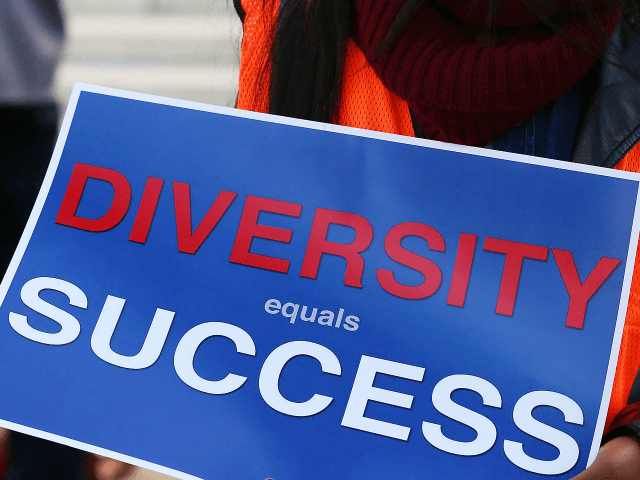A New York Times column published this week by David Brooks argues that modern America values identity over individual thought.
In a column entitled “Speaking as a White Male,” David Brooks writes that Americans have political beliefs assigned to them on the basis of their identity. Brooks attributes this to the rise of “perspectivism,” or the notion that our ideas are formed as a result of our experiences. Because of this, a white writer would not be able to adequately portray the experience of a black woman in a fiction novel. But has it always been this way?
Writers like George Orwell believed that experience was more important than identity, that if you put yourself in other people’s shoes, you could feel what other groups were feeling and communicate that experience. Lionel Trilling put great faith in imagination, certain that Shakespeare could capture the experience of being a woman, though he was not a woman.
Brooks points his finger at Michel Foucault, a scholar whose body of work addressed the relationship between power and knowledge. Foucault’s theory was essentially that those in power shape social understanding. Do you believe in low taxes for the upper classes? Well, according to Foucault, that’s likely because those in power had manipulated you through cultural institutions into forming that belief.
But Foucault and his contemporaries brought something else to the table; the notion that one’s political beliefs are the product of one’s lived experience. Therefore, a white straight male who has enjoyed all of the privileges of a society designed for him to succeed can’t speak to the experience of a black female raised in a bad neighborhood in Detroit. Under the new rules for social discourse, in a battle of the ideas on an issue such as poverty prevention, the black female should always best the straight white male, because her experience, more so than his, lends itself to the topic.
Then came Michel Foucault and critical race theorists and the rest, and the argument that society is structured by elites to preserve their privilege. Beliefs and culture are part of the structure elites use to preserve that inequality. This led, in the common parlance, to the assumption that your beliefs are determined by your group’s privilege or lack of privilege, by where your group is within the power structure.
It’s a concept that doesn’t make much sense after held up to the slightest of scrutiny. Simply experiencing poverty, for instance, does not lend one the wisdom necessary to offer remedies for such a complex issue. But yet, our political moment insists that the voices of those from marginalized backgrounds are more valuable than the voices of others.
Brooks concedes that sometimes personal experience is important.
Wider inclusion has vastly improved public debate. For example, in the 1990s, African-Americans strongly supported tougher criminal justice laws. Now opinion has shifted and a majority of African-Americans strongly oppose them. That shift, born out of a direct and unique experience, reveals that, say, mandatory minimum sentencing laws have had harsh unintended effects.
But, as Brooks points out, on most political issues, identity is not important. “How does being gay shape your view of U.S.-German relations or breaking up big tech? How does being Latina influence how you read a black writer like St. Augustine?” he wrote.
All Americans should be asking themselves the following question: why does my identity determine the value of my political voice?

COMMENTS
Please let us know if you're having issues with commenting.